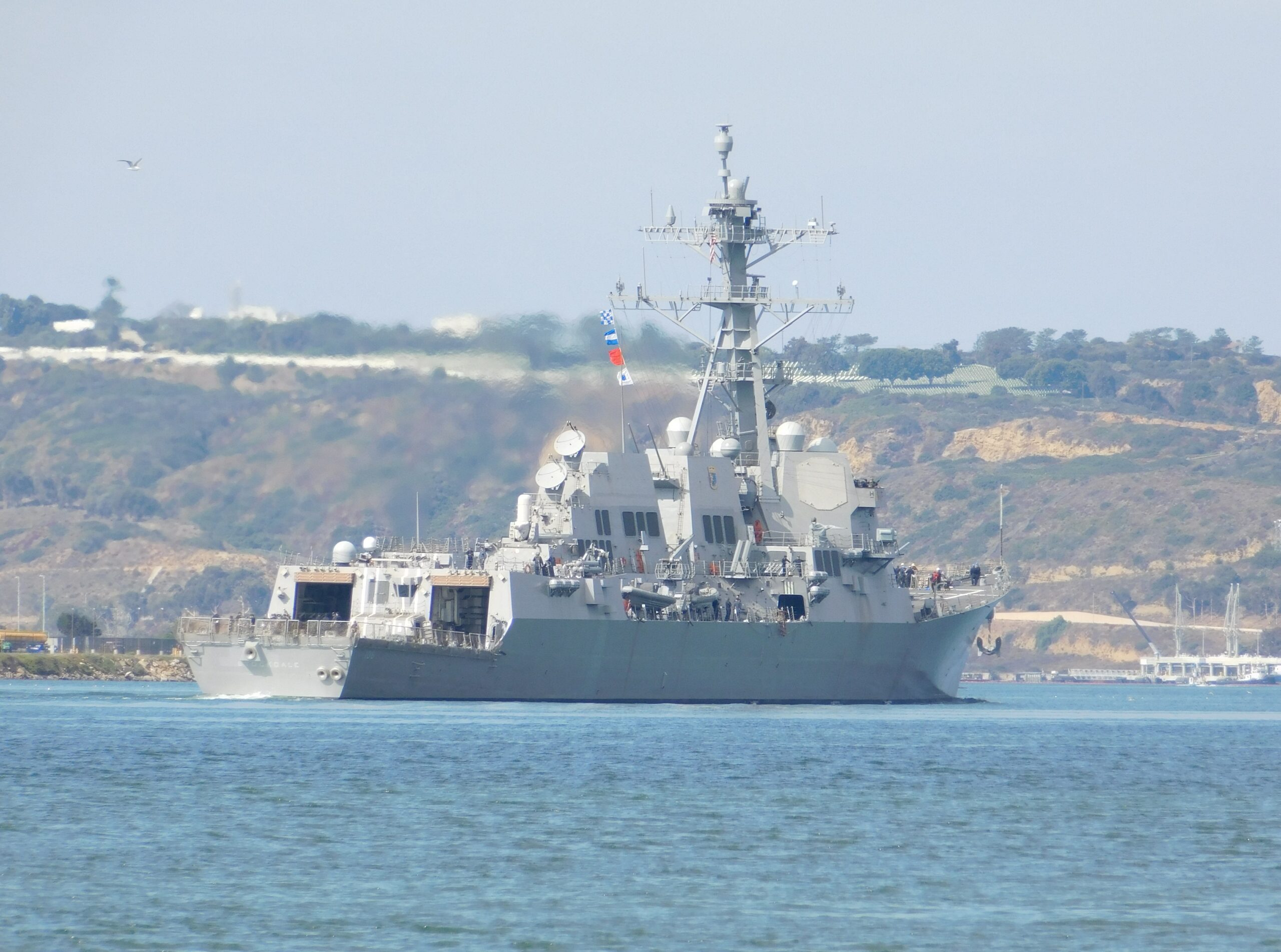This post is also available in:
 עברית (Hebrew)
עברית (Hebrew)

Britain’s cyber unit for soldiers familiar with social media.
Documents leaked by Edward Snowden demonstrate that the NSA and its allies are preparing for future dominance in cyberspace, now a strategic domain for modern warfare. For this reason, the UK Government has decided to create a new cyber unit composed of cyber experts, so-called “Facebook Warriors”, which will wage complex and covert information and subversion campaigns.
According to the Financial Times, the new cyber unit will be named “the 77th Battalion”. This designation has a historical significance. The original 77th Brigade were a guerrilla unit, a battalion, in effect, led by the swashbuckling British commander Major General Orde Wingate, one of the pioneers of modern unconventional warfare. They operated deep behind Japanese lines in Burma between 1942 and 1945 and their missions were often of questionable success.
The group will use social networks including Facebook and Twitter to monitor their opponents, the information they produce and to run PSYOPs (Psychological Operations). The British army plans to assign more than 1,500 specialists to the new troop that will use popular social networks to spread disinformation, run intelligence operations and disclose real ’war truths’. The 77th battalion will reportedly begin its activity in April 2015.
The decision of the British Government to create the 77th battalion cyber unit follows a similar initiative of other governments that are using social networks to run cyber espionage campaigns, spread disinformation or influence the human sentiment about specific topics.
Register to iHLS Israel Homeland Security
According to Security Affairs, both the Israeli and US armies already have dedicated teams to run psychological operations run through social networks. An Israel Defense Force spokesperson revealed that the IDF used 30 different social media sites in several different languages during Operation Cast Lead (Gaza 2008 -2009) in an effort to “engage with an audience we otherwise wouldn’t reach.”
Recent years have seen a dynamic interaction unfolding between the demands for intelligence on the threats to society on the one hand, and the potential supply of relevant intelligence from digital sources on the other. All intelligence communities, large and small – including those hostile to Western interests – have been facing the challenges of meeting the incessant demands for covert intelligence.
These demands for intelligence have coincided with a digital revolution in the way we communicate and store information. The Internet is a transformative technology, but is only viable because our personal information can be harvested by the private sector, monetized and used for marketing.
The digital age is able to supply intelligence about people, for example by accessing digital communications, social media and digital databases of personal information. And for intelligence communities, new methods of supply call forth new demands from the police and security authorities that could not have been met before the digital age. Their constant demands for intelligence to keep us safe call forth ever more ingenious ways of extracting intelligence from digital sources.

























